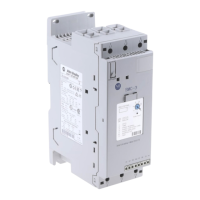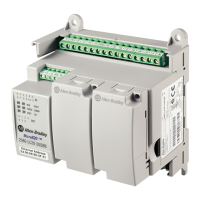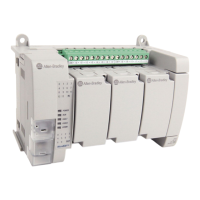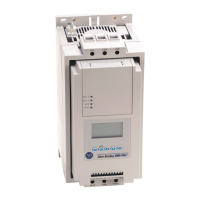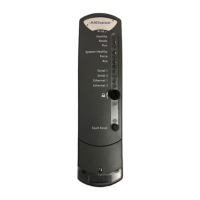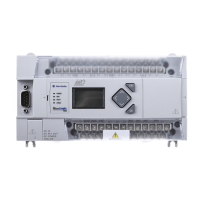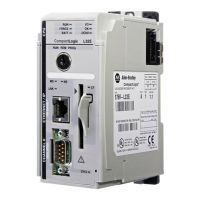Rockwell Automation Publication 856T-UM001B-EN-P - April 2021 13
Chapter 2
IO-Link Overview
What is IO-Link? The IO-Link technology is an open point-to-point communication standard
and was launched as (IS) IEC 61131-9. IO-Link is now the first globally
standardized technology for sensor and actuator communication with a
fieldbus system. This technology provides benefits to both OEMs and end
users.
IO-Link provides communications-capable sensors to the control level by a
cost-effective point-to-point connection. IO-Link provides a point-to-point
link between the I/O module and device that is used for transferring detailed
diagnostics, device identity information, process data, and parameterization.
IO-Link communication is based on a master-slave structure in which the
master controls the interface access to the sensor. The option of using the
intelligence that is integrated into the sensor provides you with new methods
to commission your device. Benefits of IO-Link technology range from
reduced installation time during startup to increased diagnostics over the
lifetime of the machine. Other benefits of IO-Link technology include:
• Reduced inventory and operating costs
• Increased uptime/productivity
• Simplified design, installation, creation, and maintenance
• Enhanced flexibility and scalability
• Detailed diagnostic information for preventive maintenance
Why IO-Link? IO-Link offers a full range of advanced features and functions
Seamless Integration
• Forward and backward compatible
• No special cables required
• Connectivity options remain the same
• Access IO-Link functionality by simply connecting an IO-Link enabled
device to an IO-Link master
IMPORTANT This chapter provides a short overview of IO-Link technology. For more
details, see the IO-Link specification at io-link.com
.
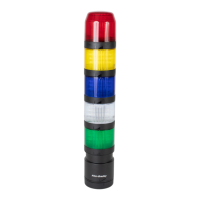
